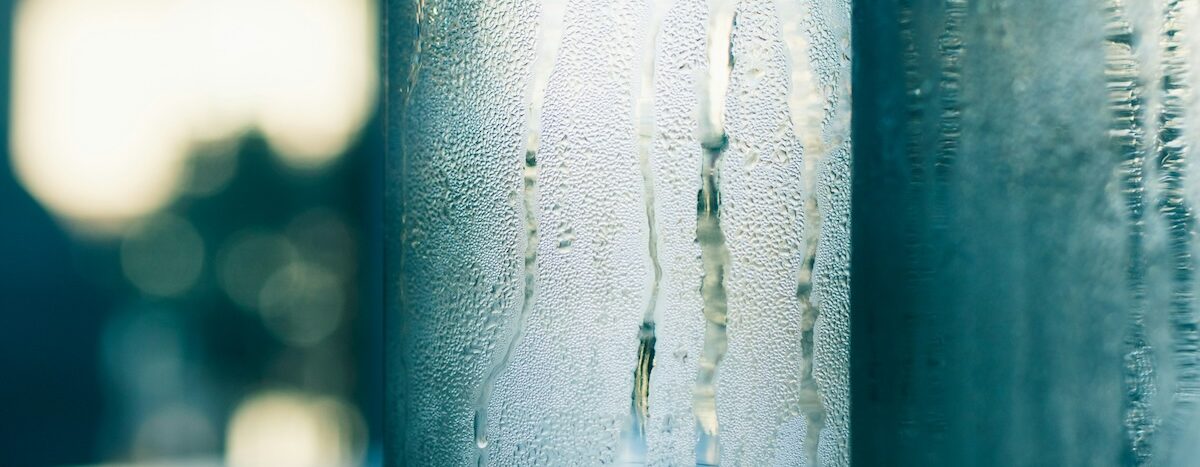
Short answer – yes! You need electrolytes. Electrolytes are certain minerals that conduct electric charges within the body and help the body function. Electrolytes are also responsible for multiple functions including maintaining hydration within our cells, regulating blood pressure and ensuring our muscles and nerves work smoothly.
TLDR; we need electrolytes to function properly.
Sodium, magnesium, potassium, chloride, calcium, phosphate, bicarbonate are all electrolytes — although sodium and potassium are the two main players when it comes to fluid balance within the body. The body is 60% water and maintaining a proper hydration balance within the body is crucial to feeling our best, especially during these hot summer months.
The body is 60% water and maintaining a proper hydration balance within the body is crucial to feeling our best.
Why do you need electrolytes?
Drinking enough water is important to stay hydrated. However, some people may benefit from additional electrolytes to maintain electrolyte balance/proper hydration within the body. This is especially true if you are losing a lot of fluids from things like sweating, vomiting or diarrhea — or are in hot weather for an extended period of time.
Electrolytes could also be helpful if you experience headaches, muscle pain, fatigue, dizziness or low appetite. If you are someone who drinks plenty of fluids but still feels thirsty or constantly going to the bathroom because of how much fluid you’re drinking, you may also benefit from electrolytes. An excessive intake of fluid can actually dilute your electrolyte balance and cause you to be thirstier — supplementing with additional electrolytes can often fix this issue.
How to get enough electrolytes?
You can get electrolytes naturally through food or through supplements. Some foods that naturally contain electrolytes include:
- Sodium: Pickles, seafood, dairy, celery, olives
- Potassium: Bananas, avocado, potatoes, carrots, leafy greens
- Magnesium: Beans, almonds, bananas, avocados, edamame, leafy greens
- Phosphorous: seafood, dairy, lentils, poultry, peas, beans
- Calcium: Leafy greens, beans, dairy, nuts, seeds, salmon
You can also get electrolytes through supplements. There are a lot of powdered and premade beverages available — but not all are created equal. Flavored options include (but are not limited to): Ultima, Mio, Superieur, LMNT, Liquid IV and Nuun. They can vary widely in terms of electrolyte content and sugar amount, so be sure to check the labels. My personal favs are Ultima, Superieur, or LMNT.
These are some of my favorite ways to add electrolytes into your diet:
- Adding a pinch of salt to your water – sodium and potassium are crucial to fluid balance. By adding some additional sodium to your water or food and eating potassium-rich foods, most people can easily meet their electrolyte needs for proper hydration.
- Coconut water – naturally contains electrolytes with no additional food dye or added sugar.
- Gatorade water – contains just electrolytes. No food dyes. No added sugar.
- Flavored Options — listed above!
Bottom Line: You need electrolytes. Most people can get enough electrolytes through their food, but some may benefit from additional electrolyte support.
- Eating Behavior (47)
- Grocery Shopping Tip (9)
- Gut Health (42)
- Healthy Eating (49)
- Low FODMAP (13)
- Nutrition Articles (32)
- Recipes (27)
- Uncategorized (4)



